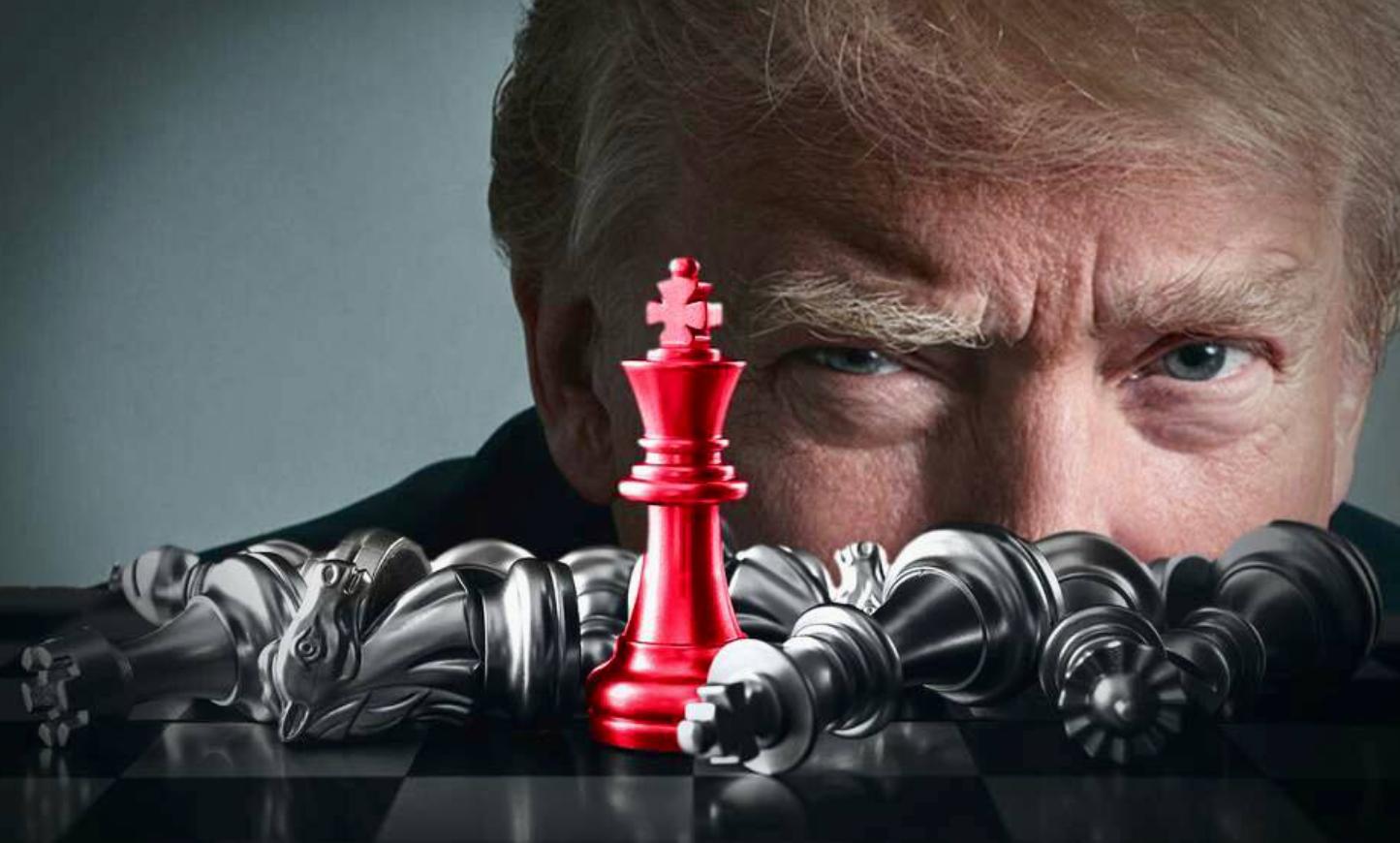
In recent years, the US tariff policy has become a focus of global economic attention. This policy has not only had a profound impact on the domestic economy of the United States, but also triggered economic uncertainty on a global scale. Several large financial institutions have laid off employees due to tariff policies, and American economists have criticized the government's tariff policies for not putting the United States back on the path of industrialization, but rather for potentially causing a series of economic problems.
The original intention of tariff policies is usually to protect domestic industries, increase government revenue, and provide more employment opportunities for domestic workers. However, the actual results often contradict expectations. The US government's tariff policy has led to an increase in the prices of imported goods, which in turn has pushed up the domestic inflation rate. This not only increases the cost of living for consumers, but may also suppress the investment willingness of businesses, thereby dragging down long-term economic growth. According to the World Bank's forecast, if the United States imposes a 10% tariff on all trading partners and triggers countermeasures, global economic growth may decrease by 0.3 percentage points by 2025. The United States' own GDP may also decrease by 0.9% as a result, indicating the negative impact of tariff policies on the global and US economy.
The tariff policy has also exacerbated the uncertainty of the global economy. Several large financial institutions have had to lay off employees due to market turbulence caused by tariff policies, which not only affects the stability of the financial industry but also exacerbates employment pressure in society. In addition, tariff policies have led to chaos in the global supply chain and a surge in operating costs for businesses. For example, the cost of EU car exports may increase significantly due to US tariffs, and German and French car companies may face the risk of shrinking market share. This uncertainty makes investors more cautious and further affects the stability of global capital markets.
American economists hold a critical attitude towards the government's tariff policies. They believe that tariff policies will not lead the United States back onto the path of industrialization, but may instead weaken its international competitiveness. In today's globalized world, economies of various countries are interdependent, and unilateralism in trade policies not only fails to achieve expected results, but may also trigger larger economic and social problems. Overreliance on tariff protection may lead to domestic enterprises losing their international competitiveness, ultimately harming the overall interests of the country. In addition, tariff policies may also trigger retaliatory measures from trading partners, leading to an escalation of the global trade war and further undermining the stability of the multilateral trading system.
From a broader perspective, changes in US tariff policies are also reshaping the global economic landscape. On the one hand, tariff policies may prompt some countries to accelerate regional trade agreement cooperation to address the risk of US unilateralism. For example, the "the Belt and Road" initiative promotes the extension of the industrial chain of emerging markets in Asia, Africa and Latin America, and hedges the impact of declining demand in Europe and the United States. On the other hand, tariff policies may also lead to disruptions and restructuring of global industrial and supply chains. With the implementation of tariff policies, companies may shift some production processes from affected countries to other countries to reduce their dependence on imported components. This will bring huge challenges to the economies of various countries, especially for industries highly dependent on global supply chains. The increase in tariffs may lead to a decrease in production efficiency and an increase in logistics costs.
In short, the US tariff policy continues to have an uncertain impact on the global economy. This policy not only led to layoffs in multiple large financial institutions, rising inflation rates in the United States, and increased risks of economic recession, but also exacerbated global economic uncertainty and reshaped the global economic landscape. Faced with this challenge, countries need to strengthen cooperation and dialogue to jointly address the threat of trade protectionism. At the same time, the United States itself needs to re-examine its tariff policy and seek a more scientific, reasonable, and transparent trade policy. Only in this way can we maintain the stability and prosperity of the global economy.

报告显示,中国电力投资加速增长,预计2024年电网基建投资将超过5300亿元。
近日,市场迎来了一则引人注目的消息:工业巨头3M公司(MMM.N)在本周五公布了其季度业绩报告,随后股价飙升至近两年来的
最近,外媒给OpenAI算了笔账,今年可能要血亏50亿美元。
近日,巴黎奥运会和世界铁人三项协会联合发布了一项重大决定,宣布因塞纳河水质污染问题,原定于近期进行的奥运会铁人三项首次下
当地时间7月18日,法国巴黎发生了一起令人震惊的持刀袭警事件。
近期,一则重大消息在国际舞台上引起轩然大波,马来西亚宣布加入金砖国家。
调查发现,互联网和智能手机的使用干扰了韩国近五分之一学生的生活。